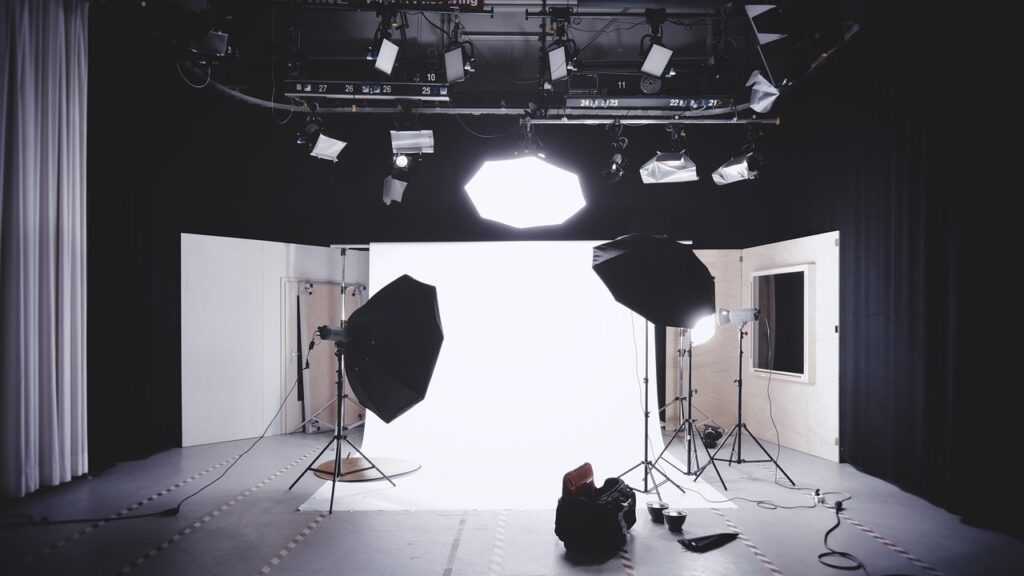Photography has the incredible power to capture moments, emotions, and memories, freezing them in time for eternity. Beyond the visual representation, the art of photography delves into the realm of psychology, influencing both the photographer and the subjects in ways that extend far beyond the confines of the camera lens. In this article, we will explore the profound psychological impact of photography, examining how it shapes the minds and emotions of those behind and in front of the camera.
The Photographer’s Perspective
Expression of Inner Emotions: Photography offers a creative outlet for photographers to express their innermost emotions and perspectives. Behind the lens, they can capture the world as they see it, using their images to communicate feelings that words may fail to convey. The act of photography becomes a form of emotional release and self-discovery.
Mindfulness and Present Moment Awareness: To capture the perfect shot, photographers must immerse themselves fully in the present moment. This heightened state of awareness fosters mindfulness, enabling them to appreciate the beauty of life’s fleeting moments. Photography becomes a meditative practice that grounds the photographer in the now.
Catharsis and Healing: Engaging in photography can be therapeutic, especially during challenging times. For some photographers, the act of documenting their personal struggles or traumatic experiences can lead to a sense of catharsis and healing. It allows them to externalize their emotions, helping them cope and find solace in their art.
Connection with Others: Through their photographs, photographers can establish a profound connection with their audience. Sharing their vision and stories enables them to create emotional bonds, fostering a sense of camaraderie and understanding with others who resonate with their work.
Self-Esteem and Achievement: A photographer’s self-esteem can receive a boost from the positive feedback and recognition they receive for their work. Creating and sharing images that evoke emotions in others can lead to a sense of achievement, validating their artistic talents.
The Impact on Subjects

Self-Image and Empowerment: Portrait photography can have a profound impact on subjects’ self-image and self-confidence. A skillfully captured photograph can highlight their best features and showcase their unique personality, empowering them to see themselves in a positive light.
Emotional Resonance: Candid and emotionally charged photographs have the power to evoke deep emotions in subjects. Whether it’s joy, nostalgia, or introspection, a photograph can act as a mirror to their inner world, provoking a response that may lead to self-discovery.
Vulnerability and Trust: Being photographed can make subjects feel vulnerable, especially during intimate or emotionally charged shoots. A photographer’s ability to create a safe and trusting environment is crucial to capturing authentic emotions and expressions.
Memory Preservation: Photography plays a pivotal role in preserving memories. A single photograph can encapsulate a myriad of emotions and experiences, serving as a tangible reminder of significant moments in one’s life.
Social Bonding: Group photographs and shared experiences during photoshoots can strengthen social bonds among subjects. Being part of a collaborative and creative process fosters a sense of belonging and shared memories.
The Therapeutic Aspect of Photography
Photography has found a place in various therapeutic practices, such as art therapy and mindfulness-based interventions. When utilized in therapeutic settings, photography can:
Encourage Self-Reflection: Photographs can serve as visual cues for individuals to explore their emotions, thoughts, and memories. Reflecting on the captured images allows for a deeper understanding of oneself.
Aid in Healing Trauma: For individuals dealing with trauma, photography can be a gentle and non-intrusive way to process their experiences. By externalizing their emotions through images, they may find relief and a path towards healing.
Foster Gratitude and Positive Thinking: Encouraging individuals to capture moments of gratitude and positivity through photography helps shift their focus to the good in their lives, promoting a more optimistic outlook.
Conclusion
Photography transcends mere images; it intertwines with the intricate fabric of human psychology, impacting both the photographer and the subjects involved. For the photographer, it becomes a medium of self-expression, mindfulness, and connection. Their lens is a powerful tool that enables them to capture emotions, tell stories, and connect with others on a profound level.
For the subjects, being in front of the camera allows them to explore their emotions, vulnerabilities, and strengths. Photography becomes a mirror to their inner world, fostering self-awareness and empowerment. It preserves memories, strengthens social bonds, and evokes emotions that resonate through time.
